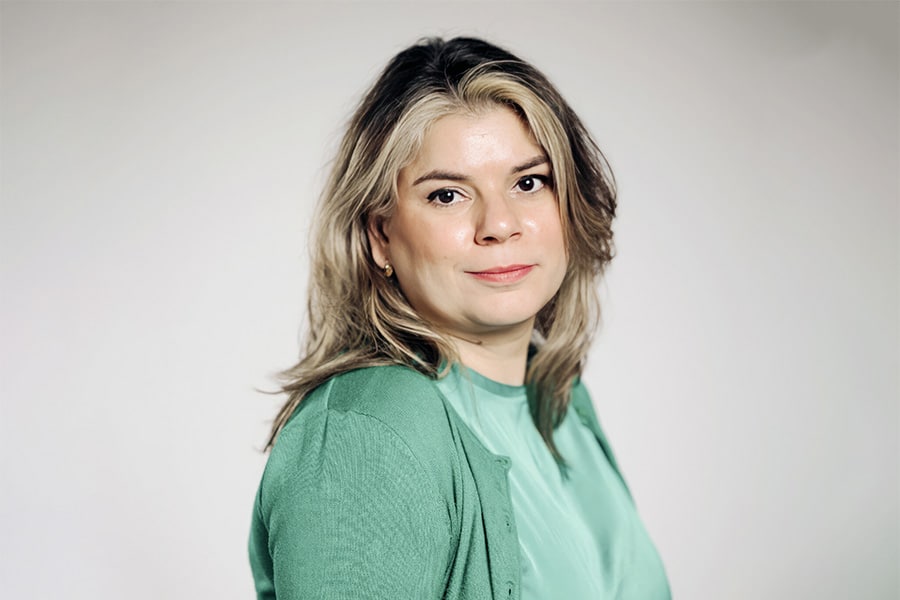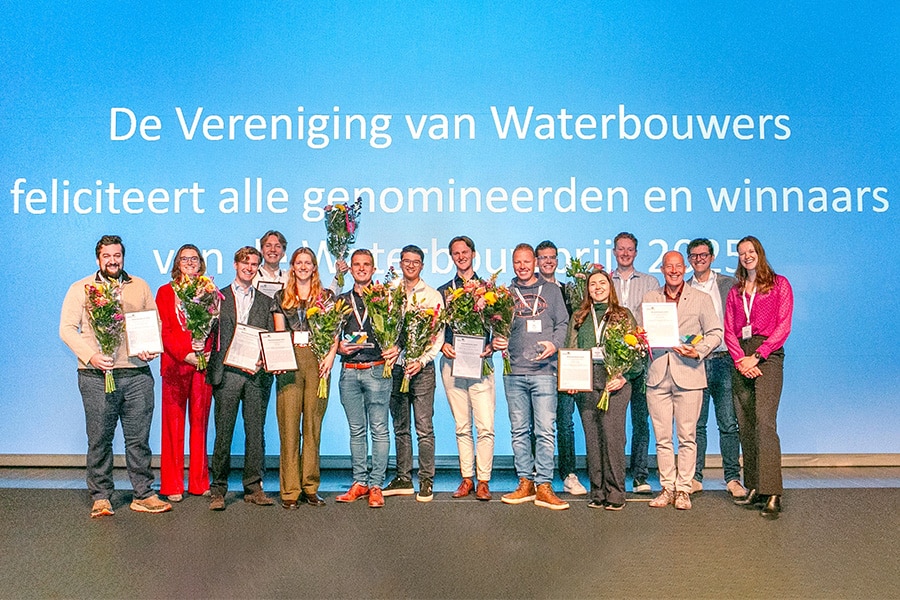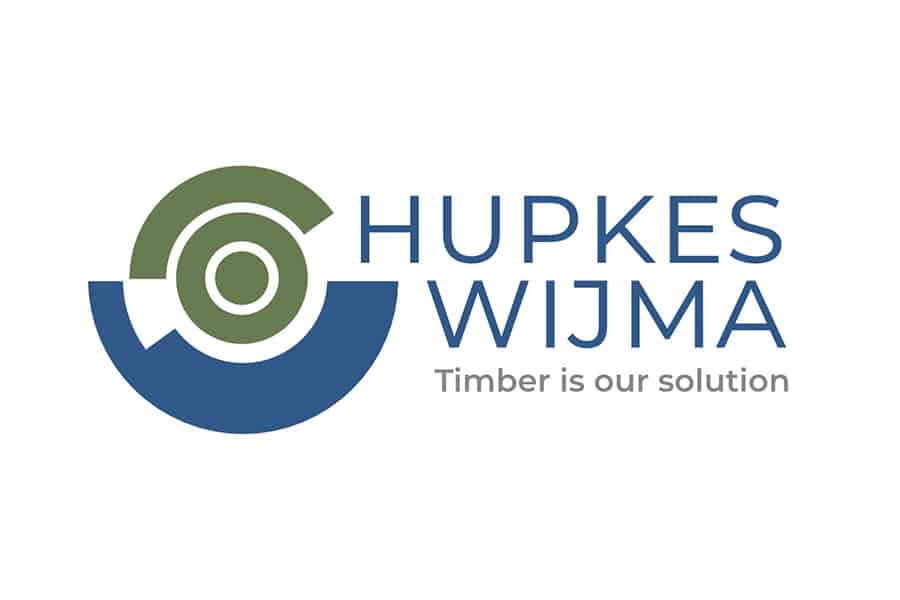
"We look for ownership in people"
She feels like a fish out of water in her position as Manager of Foundation Engineering. Sietsche Eppinga considers herself a technical woman within the ranks of BAM. After VWO, she studied Civil Engineering and Management at the University of Twente. "Because of the combination of engineering and economics," she tells herself. "I finished at 23 and then started as a structural engineer on the North-South Line (Strukton), with a -I've never done it before, so I think I can do it- Pippi Longstocking mentality."
The leap of faith pleased her. That Eppinga was working as a young lady in a male-dominated world did not concern her from the beginning. "I wasn't aware of that, because I am completely absorbed in my work," Eppinga said.
A fine career with a twist here and there
After four years on the North South Line, four years of BAM followed in the role of project manager. "I was 31 when I quit that and had gained a lot of experience outside on projects. However, motherhood made me want to work closer to home; I returned to Strukton in 2011, as a design manager. My execution knowledge came in handy there. Then in 2015, the position of tender manager at BAM came into the picture. A great position in which I could have a lot of contact with clients and translate their wishes into a technically feasible design. In 2017, the foundation engineering department was shifted within Major Projects at BAM Infra. I already had an affinity with everything underground and with some truly feminine qualities, such as being able to see and discuss risks, the management saw fit to offer me the position. I didn't have to think about that for long. Soon the task turned out to be mainly about human aspect, changing from reactive to proactive employee behavior. It's nice to experience their passion, but these people also need clear direction from my direction."
Risky work requires expertise and a good plan
With a team of specialists around him, Eppinga enjoys the way BAM Infra Funderingstechnieken works every day. "Quite unique, because we have our own equipment at our disposal, our own yard and the people and resources to make our machines suitable for the job. That makes us flexible and decisive and therefore highly employable for work for BAM itself and for third parties." Eppinga stresses the importance of having expertise and a good plan: "It's risky work, which requires knowledge, planning and having demonstrability in place. That's why we do everything ourselves. We look for ownership in our people. Our machinists, pile drivers and pile drivers are all responsible for their own machines."
Getting better together
Eppinga herself likes to get outside, to experience firsthand what is feasible and what is not. A continuous learning curve, is how she describes it. "I also want to teach my team to get better together and learn from mistakes. Starting conversations before, during and after work. Then sometimes you do notice the difference in female and male communication. Where male colleagues generally take a report for knowledge, I see women mainly asking the questions. Entering into dialogue, questioning and seeking depth. If I want to change behavior within my team, it is important that I set an example to my team in this."
Being a role model
It didn't matter to Eppinga that, as a manager, she was the only woman among 70 male colleagues. "Since then, a number of women have started on my team," she says. She sees the fact that even they don't think about it as part of the success. "I like to challenge my entire team - including the men - to go that extra mile in terms of development and responsibility. All I have to do is provide an environment where they feel safe. It was brought to my attention that I am a role model for other women because of the way I work. I didn't even realize that myself. Now I do see it as my mission to support other women in their development. A great journey of discovery, with the common thread that I want to be challenged and take responsibility. That remains the same."
![[Vacancy] Civil Advisor at Spaarnelanden 1](https://gww-bouw.nl/wp-content/uploads/2025/12/Naamloos-2-kopie.jpg)



